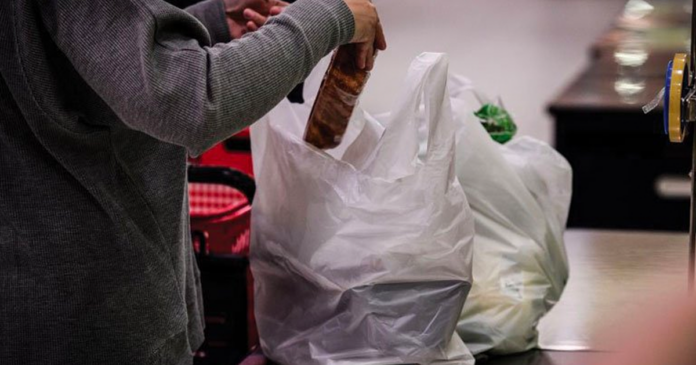After denying his government’s latest firearms ban would affect hunters, Prime Minister Justin Trudeau has conceded it does exactly that, a firearms group has pointed out.
In a preview of a year-end interview with CTV, Prime Minister Justin Trudeau said some firearms will be taken “away from people who were using them to hunt.”
Canadian Coalition for Firearm Rights (CCFR) spokesperson Tracey Wilson said the admission comes after the Liberals “denied” that C-21 targeted hunters throughout the legislative process.
“They called it ‘gun lobby disinformation’ or Conservative fear mongering, yet here they are admitting we were right the whole time,” Wilson told True North.
“It’s a hunting gun ban, the largest in Canadian history.”
If passed, Bill C-21 would build off the government’s ban of 1,500 so-called “assault-style firearms” in 2020 by further banning numerous rifles and shotguns, including several used by hunters.
During Question Period on Dec. 13, Trudeau said his government would continue to “consult” with Canadians on the proposed list of guns to ban.
“We are not interested in going after guns that are typically used for hunting and protecting farms,” he said.
After the House of Commons Public Safety committee completed its study of C-21, Liberal MPs introduced an amendment to ban hundreds more models of semi-automatic shotguns and rifles.
In the committee’s final meeting before Parliament rose for Christmss break, NDP MP Alistair MacGregor attacked the government for introducing the amendment so late in the legislative process. He said the government is asking opposition MPs to do a “tremendous amount of extra work” — work that should have been done by the government.
“The way this amendment landed has frankly been a complete and total abuse of process,” he said.
Wilson also said the government introduced the amendment at the “11th hour.” She said it came without debate, witness testimony or consultation with hunters, indigenous peoples, remote and northern communities or law enforcement.
“This should concern all Canadians, along with their complete failure to address crime, violence and gun smuggling,” she said. “Another tragically failed Liberal policy.”
Meanwhile, the Alberta government is recommending prosecutors don’t pursue charges against firearms owners whose guns were deemed illegal under the Trudeau government’s 2020 order in council.
Justice Minister Tyler Shandro says Albertans should not automatically be considered criminals because they own a firearm that was legally purchased and possessed.
“This new protocol for prosecutors will help prevent otherwise law-abiding individuals from facing criminal charges and potential time in jail,” he said on Dec. 15.
When Parliament returns in six weeks, the committee will continue debating a motion on whether to hear from witnesses on how they would be impacted by the amendment.
























